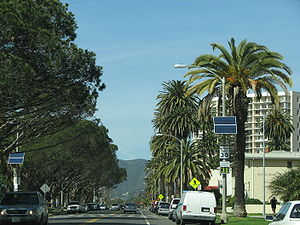I’m going to step into it big time here and make a bold comment. We have too many politicians and lawyers trying involved in driving broadband services and not enough business people and engineers. Politicians and lawyers should be trying to facilitate the penetration of broadband services, not drive the business. We have technical solutions to these issues, but they have yet to really gain traction in the U.S. for the reasons I mentioned above.
Like too many issues in our society, this one seems to boils down to whether you believe in big or limited government. The big government types are perfectly willing to compete or eliminate commercial enterprises in the name of fairness or some other lofty goal. The truth is that they always have an ulterior motive. Municipal broadband enterprises are at best a 50/50 proposition, but those odds are not sufficient in my view when it comes to sticking taxpayers with the bill. Our Constitution says nothing about guaranteeing citizens the right to the Internet nor is it a public safety issue. Universal Service was a deal concocted by AT&T with the Federal Government to allow their monopoly to continue. When divestiture occurred, it was a holdover for the RBOC.
Continue reading







